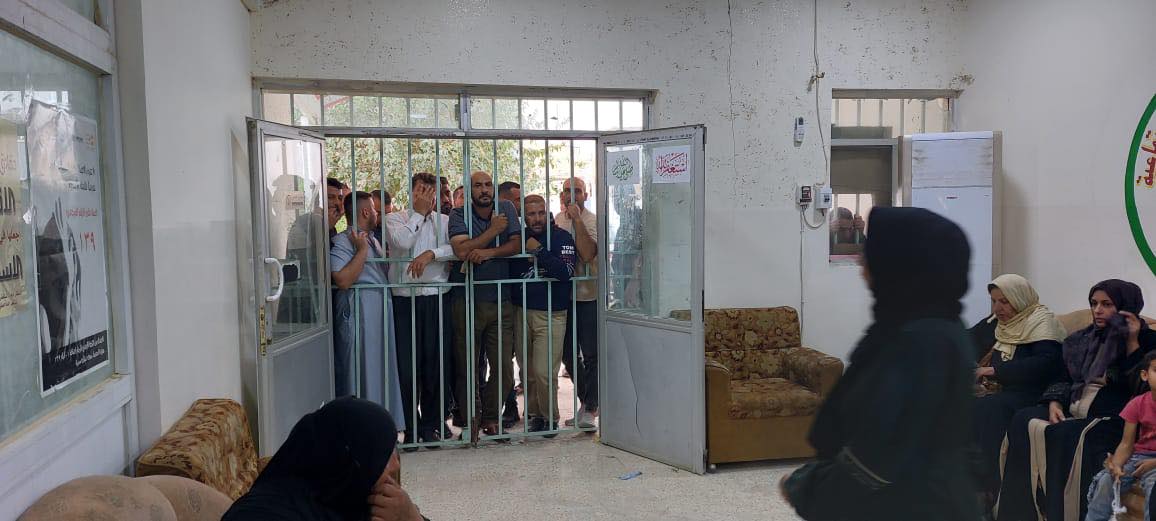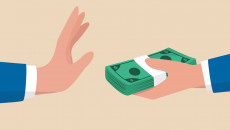After the arrest of the director of the Social Welfare Department for Men in Kirkuk in front of his employees, on the same day, another person was appointed in his place by a decision of the Ministry of Labor and Social Affairs.
On Wednesday, October 26, 2022, a team affiliated with the Federal Integrity Commission arrested Wathiq Al-Jibouri, Director of the Social Welfare Department - Men in the city of Kirkuk, inside the department and during official working hours.
An informed source told (KirkukNow) that "the director of the department was arrested and handcuffed in front of the employees."
On the same day, before the end of official working hours, a letter was sent to the department to appoint another person to replace Wathiq al-Jubouri and to choose a deputy for him,” according to the source, who requested anonymity.
After his arrest by the Integrity Commission, Al-Jibouri was investigated and released last night on bail pending trial.
Another source familiar with the case told (KirkukNow), "Wathiq al-Jubouri has been released and is facing corruption charges in the case of renting kiosks located in front of the Social Welfare Department.”
(KirkukNow) Tried to contact Wathiq al-Jubouri more than once, but to no avail.
Diyala, Salahaddin and Kirkuk were among the Iraqi provinces which recorded the lowest rates of bribery at government institutions, compared to other regions that witnessed a remarkable and unacceptable increase in bribery, according to the Federal Integrity Commission survey last April.
The Federal Integrity Commission explained in a statement on Sunday, April 24, 2022, that taking bribes from people by civil servants in order to complete their applications is record high, calling on the government for further censorship and audit and reduction of routine procedures in order to combat bribery and kickbacks.
Iraq was ranked at 157 among 180 states by Transparency International’s 2021 Corruption Perceptions Index (CPI), an index which ranks countries by perceived levels of public sector corruption, determined by expert assessments and opinion surveys.
The CPI generally defines corruption as an "abuse of power for private gain." The index is published annually by Transparency International since 1995.






